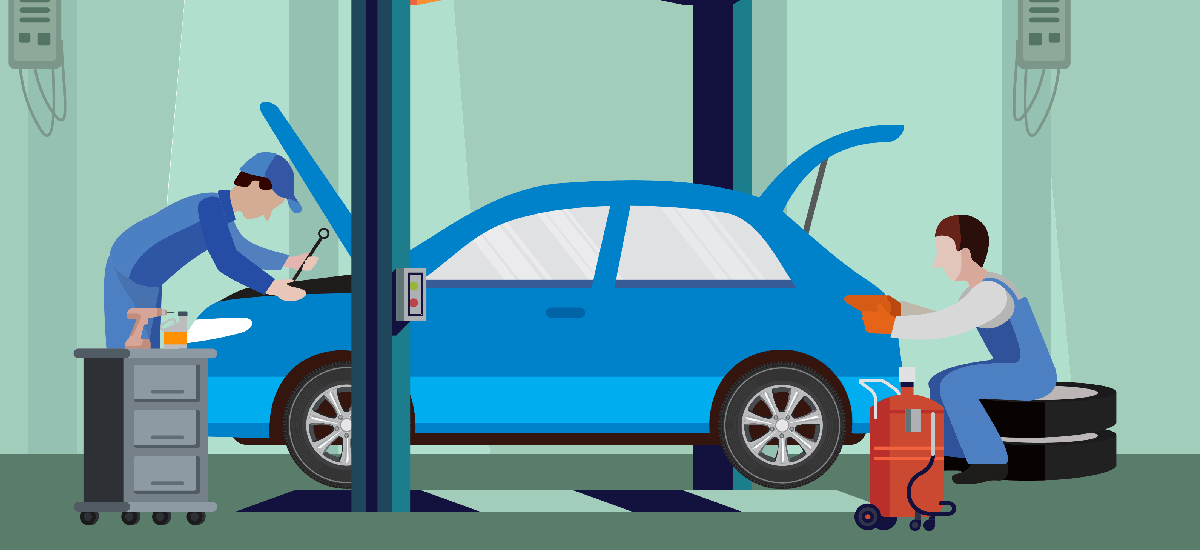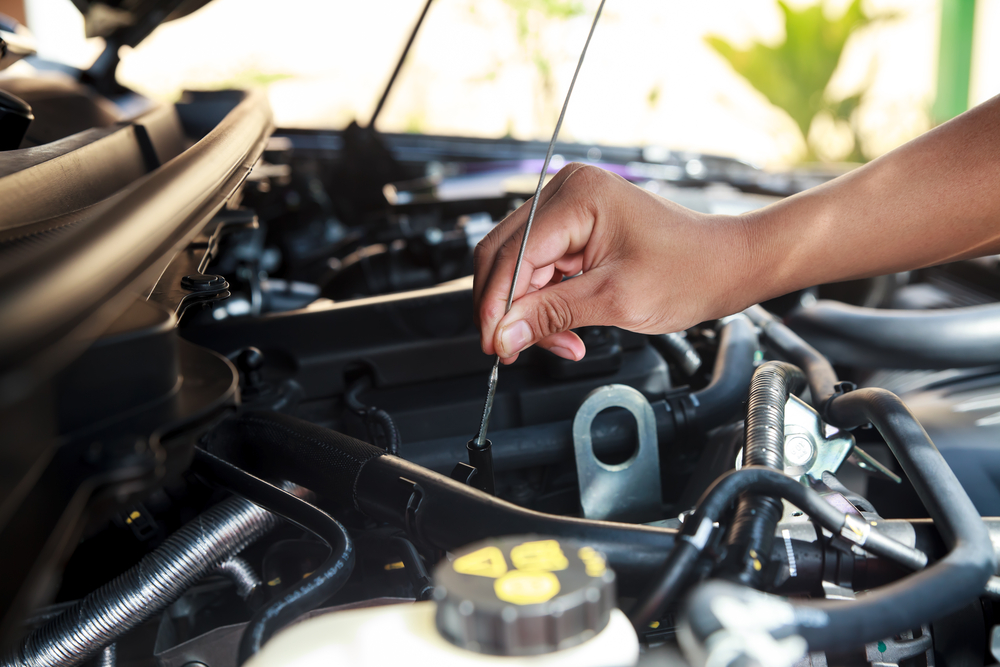All Categories
Featured

Understanding the difference between regular maintenance and fixings is crucial to ensuring your automobile remains in leading problem and runs successfully throughout its life. While both are essential for vehicle maintenance, they offer different purposes. Regular upkeep has to do with prevention and ongoing care, while repairs are needed when something breaks or malfunctions. Below's an overview of what each entails and exactly how they vary.
Routine Maintenance: Protecting Against Future Issues. Regular maintenance includes the routine, scheduled solutions that maintain your vehicle in excellent working order and stop issues from creating. These tasks are made to guarantee that all components of your automobile proceed to operate as they should and assist maintain the lorry's dependability. Normal upkeep is typically outlined in your auto's owner manual, defining when to execute specific jobs based on gas mileage or time periods.

Some examples of regular upkeep include:
Oil Changes: Oil oils the engine, ensuring it runs efficiently and successfully. Normal oil changes, commonly every 3,000 to 5,000 miles, help prevent engine wear and maintain the lorry running optimally. Tire Rotation and Harmonizing: Tire turning assists level tire wear, while balancing guarantees smooth handling and boosts tire durability. This ought to be done every 6,000 to 8,000 miles. Brake Inspections: Your vehicle's braking system needs routine checks to ensure the pads remain in good problem, the liquid levels are adequate, and the rotors are functioning well. Fluid Checks: Maintaining an eye on vital fluids, including transmission liquid, coolant, brake liquid, and power steering liquid, helps keep the engine and various other systems operating smoothly. Air Filter Substitute: The engine air filter keeps dirt and debris from getting in the engine. Replacing it routinely helps maintain engine performance and fuel efficiency. These maintenance jobs are precautionary in nature, designed to prolong the life of your vehicle and decrease the risk of break downs. By carrying out routine upkeep, you can catch tiny problems before they rise into bigger, a lot more expensive troubles.
Repair Works: Dealing With Troubles That Develop. Repairs, on the various other hand, are essential when a part of your lorry stops working or damages down. Unlike regular upkeep, which is focused on avoidance, repair work are reactive actions taken when something malfunctions or wears out.

Examples of usual fixings consist of:
Transmission Issues: Issues such as sliding equipments, problem changing, or strange sounds may signify a malfunction in the transmission, needing repair work or replacement. Engine Services: If the engine is misfiring, overheating, or revealing other indicators of difficulty, it may need a repair or substitute of particular elements like the ignition system, timing belt, or sensors. Brake Repairs: If your brakes are squealing, making grinding noises, or stopping working to quit the vehicle effectively, you may need to change brake calipers, blades, or pads. Battery Replacement: If the vehicle has problem starting or the battery warning light shows up, it may be time to change the battery. Suspension and Steering Repair Services: If you experience uneven tire wear, a harsh ride, or problem steering, maybe an indication that the suspension system or steering elements need repair. Because they include taking care of concerns that could affect the automobile's safety and security or functionality, fixings are typically much more expensive than regular maintenance. Depending upon the severity of the issue, repairs may call for specific components and labor.
Key Distinctions Between Routine Upkeep and Repair Work. Function: Regular maintenance aims to make certain and prevent problems that the lorry runs successfully. Fixings are essential to deal with problems that have actually already happened. Regularity: Upkeep jobs are carried out on a regular routine, while fixings are needed when particular issues occur all of a sudden. Cost: Regular maintenance is typically less expensive, as it includes small checks, adjustments, and part substitutes. Fixings can be much more expensive as a result of labor and components associated with taking care of busted components. Timing: Upkeep is predictable and intended, whereas repair work take place when something fails, often bring about more immediate interest. The Importance of Both Regular Repair And Maintenance. While routine maintenance is very important for decreasing the need for repair work, repair work are in some cases inevitable. Also the best-maintained automobiles can experience damage gradually. It's necessary to be positive with maintenance and address fixings quickly to ensure your car remains reliable and secure to drive.
By remaining on top of routine maintenance tasks, you can minimize the threat of needing pricey fixings. When repair work are required, resolving them early can help avoid further damages and ensure that your car continues to perform at its best.
Conclusion. In summary, regular maintenance and repair services are both essential components of vehicle treatment. Routine maintenance aids prevent problems and guarantees your car is running smoothly, while fixings are required to deal with issues that emerge all of a sudden. By stabilizing regular upkeep with prompt repairs, you can extend the life of your lorry and appreciate a much safer, extra reputable driving experience.
Latest Posts
Check Out Affordable Auto Repairs with Montclare’s Exclusive Service Specials
Published May 29, 25
1 min read
Why Regular Vehicle Maintenance at Montclare Auto Repair Reduces Costs
Published May 27, 25
1 min read
Uncover Top Auto Repair Services from Montclare Auto Repair – Expert Care for Your Vehicle
Published May 27, 25
1 min read
More
Latest Posts
Check Out Affordable Auto Repairs with Montclare’s Exclusive Service Specials
Published May 29, 25
1 min read
Why Regular Vehicle Maintenance at Montclare Auto Repair Reduces Costs
Published May 27, 25
1 min read
Uncover Top Auto Repair Services from Montclare Auto Repair – Expert Care for Your Vehicle
Published May 27, 25
1 min read